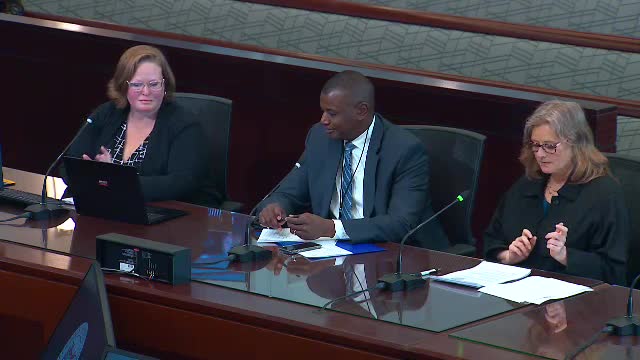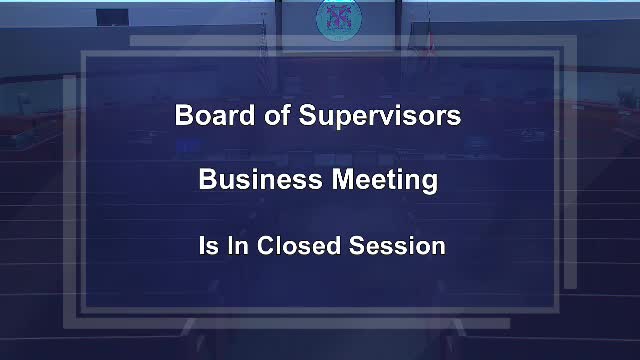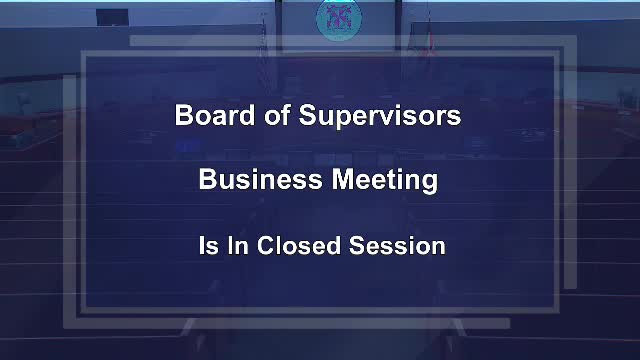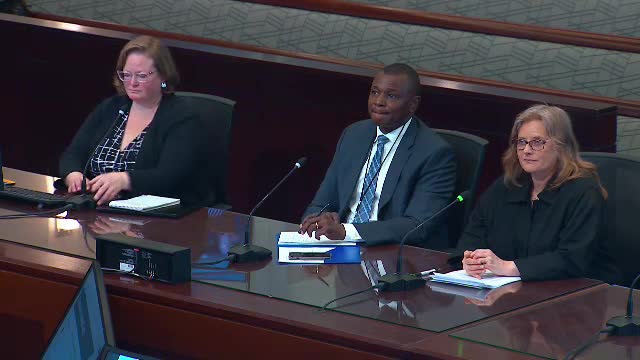Article not found
This article is no longer available. But don't worry—we've gathered other articles that discuss the same topic.

County survey shows high satisfaction with Loudoun services, rising concern about cost of living

Board approves new comparator set and raises target pay band to better match regional labor market

Supervisors send Phase 2 of data-center planning to committee for scope refinement

